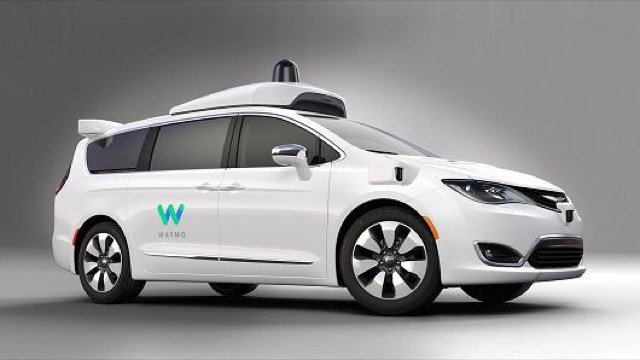New urbanist architect Peter Calthorpe predicts that “autonomous vehicles will mean death for cities.” To which the Antiplanner responds, “good,” as in “good bye and good riddance.”
But wait — Calthorpe seems to think this is a bad thing. “AVs will only increase sprawl as private vehicles travel farther,” he warns. The reason why people will be able to drive further is because autonomous vehicles will reduce congestion. They will reduce congestion so much, he fears, that “vehicle miles traveled will double and roads will become impassable.” So which is it: will driverless cars promote sprawl by reducing congestion or will they gridlock roads? (The answer is that driverless cars will double road capacities.)
Cities are a means to an end: a place for people to meet, to bring resources together for manufacturing or transshipments, to reduce living costs. But new means of transportation and communication have steadily reduced the need for dense cities to achieve those ends. Continue reading








